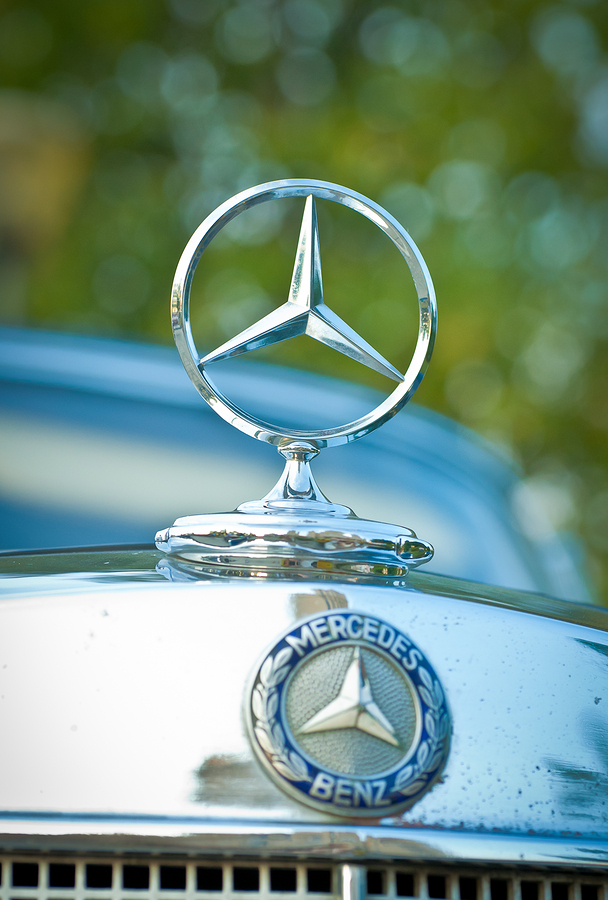Mercedes-Benz has followed Volkswagen AG’s Audi unit in getting a license to test self- driving vehicles on California roads as the luxury-car makers vie for a market predicted to grow to $87 billion by 2030.
Mercedes, the third-biggest producer of premium cars received a newly required license from California to conduct tests in daily traffic, the Stuttgart, Germany-based manufacturer said in a statement. The announcement comes two days after Audi, the second-largest luxury carmaker, said it received the first such permit in the state.
Eight-lane highways, traffic lights on the far side of an intersection and all-way stop signs are “all situations which do not exist in this form in Germany,” said Axel Gern, head of autonomous driving research for Mercedes in North America. “We need to teach our research vehicles these situations.”
California regulations require each testing vehicle to be backed by at least $5 million of insurance coverage, according to Ingolstadt, Germany-based Audi. The effort is necessary to test the technology and prove to regulators and consumers that it’s safe. Part of the push includes showing that the computer systems are secure.
Mercedes, a unit of Daimler AG, said earlier today that it’s using a cloud-computing setup to protect data as the use of mobile links and software expand in cars as the industry prepares for driverless travel.
Security Strategy
Elements of the technology will include enabling people in a vehicle to control how much of their data is available to the outside world while they’re on the road, Christine Hohmann- Dennhardt, head of legal affairs at Daimler, said at a conference. Drivers will also have the option of erasing information automatically once they’ve left the auto.
“If we say we’re making safe cars, that doesn’t just apply to the mechanical technology but to data security,” Hohmann- Dennhardt said at the event in Stuttgart. Protecting information will be key to gaining customer acceptance of comfort and safety products, she said.
Technology for self-driving cars is forecast to become an $87 billion market by 2030, according to Boston-based Lux Research. That’s prompted automakers and insurers to look at how to prevent hackers from gaining access to information or even hijacking vehicles by remote control.
Mercedes tested a self-driving S-Class sedan on a 100- kilometer (60-mile) drive on public roads in Germany last year, and Daimler is also developing automated trucks. Computer- specialist contractors failed in a three-month attempt to hack into the S-Class’s systems, Ralf Lamberti, who runs Daimler’s user interaction and connected cars unit, said today.





















 Beyond Automation: The Emerging Role for Contextual AI in Insurance
Beyond Automation: The Emerging Role for Contextual AI in Insurance  Teens’ First Year on the Road Most Deadly
Teens’ First Year on the Road Most Deadly  State Farm Inked $1.5B Underwriting Profit for 2025; HO Loss Persists
State Farm Inked $1.5B Underwriting Profit for 2025; HO Loss Persists  Premium Slowdown, Inflation Factors to Lead to Higher P/C Combined Ratio: AM Best
Premium Slowdown, Inflation Factors to Lead to Higher P/C Combined Ratio: AM Best 













